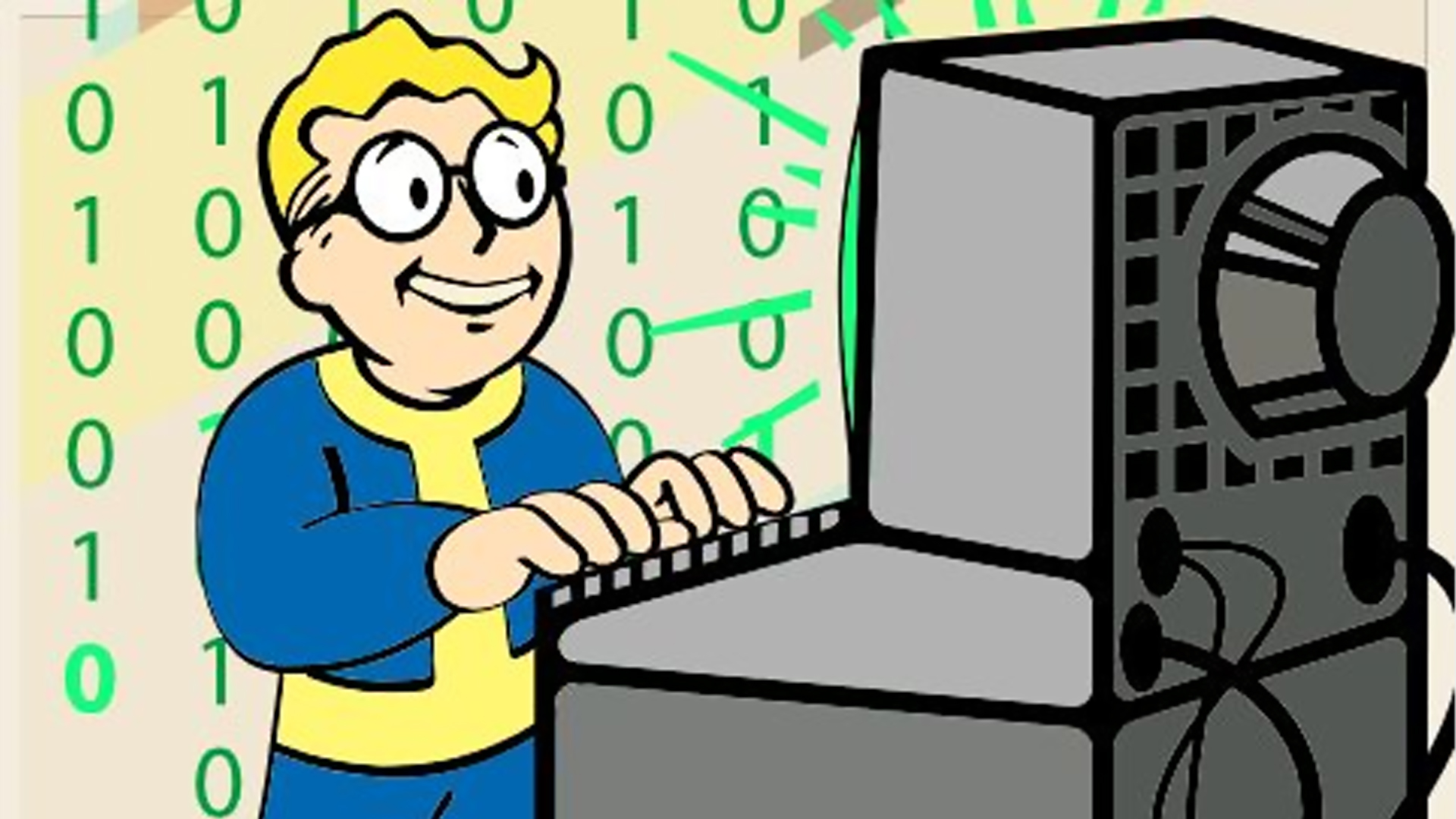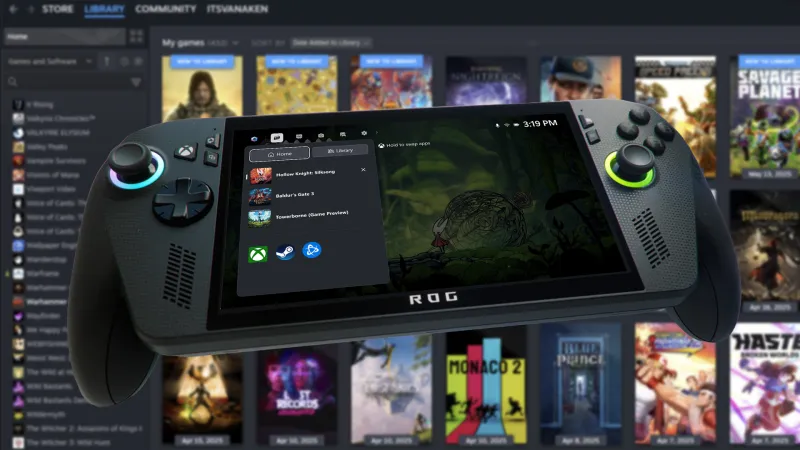
North American Valorant has had its ebbs and flows through its almost two years of competitive play, going from a region dominated by Sentinels to one where OpTic Gaming and other squads are vying for the crown.
The region is far away from the beta period, when Sentinels and TSM won almost every major event, and now boasts a deep pool of teams in VCT Challengers events and tier-two tournaments.
In VCT Stage 1 Challengers, Cloud9 and The Guard finished the group stage undefeated. Neither team made it to the playoffs in Stage 2, which saw three teams finish with a 4-1 record and four with a 3-2 record.
When asked about the parity across teams in the region, pros that competed in VCT Stage 2 Challengers pointed to the rise of analysts, the new Chamber meta and the higher number of agents as reasons why Stage 2 has been so competitive.
“I think that people are innovating,” 100 Thieves player William ‘Will’ Cheng said in an interview with Dexerto. “There are a lot more different comps, and a lot of that has to do with, I feel like, good coaching staff.”
“I think that a lot of these teams picked up a good group of analysts and started throwing in less vanilla comps. Because at the beginning, when Sentinels was dominating, we were running comps that were really basic.”
Read More: Valorant pros divided on Split’s removal from map pool
Coaches in Valorant are nothing new, with many teams having them since the beta period of the title. But the rise of teams employing the services of analysts that can theory craft new agent compositions and help scout other squads has been a newer phenomenon in the esport.
New agents bring in more variety
The reason that many of the early compositions in Valorant were basic was mainly because of the lack of diversity in agent picks. Teams competing in the beta period only had 10 agents to choose from.
As the game has continued to evolve and more agents have come out, other teams have risen to prominence, according to NRG Esports IGL James ‘hazed’ Cobb.
“With few agents to pick from early on, I think there was an established meta, and you play it because it is strong,” he explained. “There’s not a lot of creativity you can have, but every time a new agent comes out, it just gives you another opportunity to like reinvent the meta. And I think it will be like [League of Legends]: The longer it’s out, the more it’s like you’re playing to your team’s strength instead of what the strongest agent is.”
One of those new agents added into the mix recently was Chamber. The Sentinel has been the object of much strife in the community as his kit seems a little overpowered, allowing him to take fights and instantly teleport to safety.
This has opened up a spot on most rosters for a second carry of sorts outside of the usual entry player that plays primarily Duelists, or the flex player that switches between Duelists and Initiators. With the introduction of Chamber, and the new compositions and strategies that came with him, more teams started to improve, according to Ghost Gaming’s Marc-Andre ‘NiSMO’ Tayar.
“I think a lot of teams worked hard and came up with some cool stuff that we hadn’t seen in the past,” NiSMO said. “But I do think the meta did change the results on the leaderboard, overall. Now you can see Chamber was played in, I think, 80% of the maps, and I think it’s just because you could take fights nonstop and just teleport away. Eighteen seconds later, you could teleport again.”
Read More: Is Chamber the most important agent at Valorant Masters?
His teammate Brock ‘brawk’ Somerhalder gave a similar statement about the agent, saying that teams can swing the momentum of the game in their favor easier thanks to his abilities.
“I think it’s really momentum-based,” brawk said. “So any team can beat any team at like this level, honestly. It just depends on who’s playing better. But I do think Chamber is a character that has f***** with the meta.”
But Chamber and other agents coming into the fold isn’t the only thing that can change the landscape of the region in an esport. As time goes on, more players and teams start to figure out the meta and break down the game as they start to challenge those at the top of the scene.
That is what happened to TSM when VCT started in 2021, according to hazed.
“People have just figured out the game.” hazed said. “It’s not really the way it used to be where there was just like a couple of top teams, and they kind of dominate the regions. People have caught up, they have figured it out, they are creating their own metas, they just understand the game better as a whole. So now you’re seeing a lot more teams kind of come up through the ranks and challenge.
“So yeah, I think it has to do with the game being out for two years at this point as well.”
Whether this will continue to happen through the Challengers playoffs and beyond has yet to be seen as OpTic Gaming are the current favorites to win and go to Stage 2 Masters Copenhagen. At least one new team will make their first trip to an international event as NRG, FaZe and XSET are also still in contention in the tournament.
The post Why VCT Stage 2 in North America has been so competitive appeared first on Dexerto.





